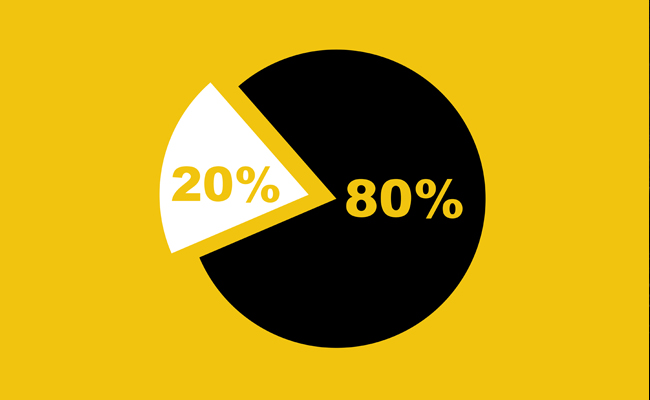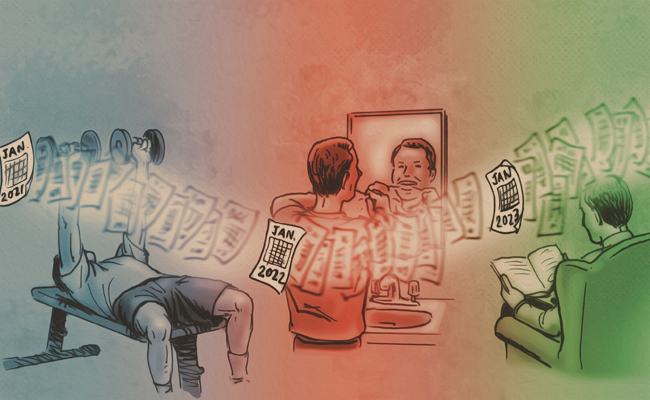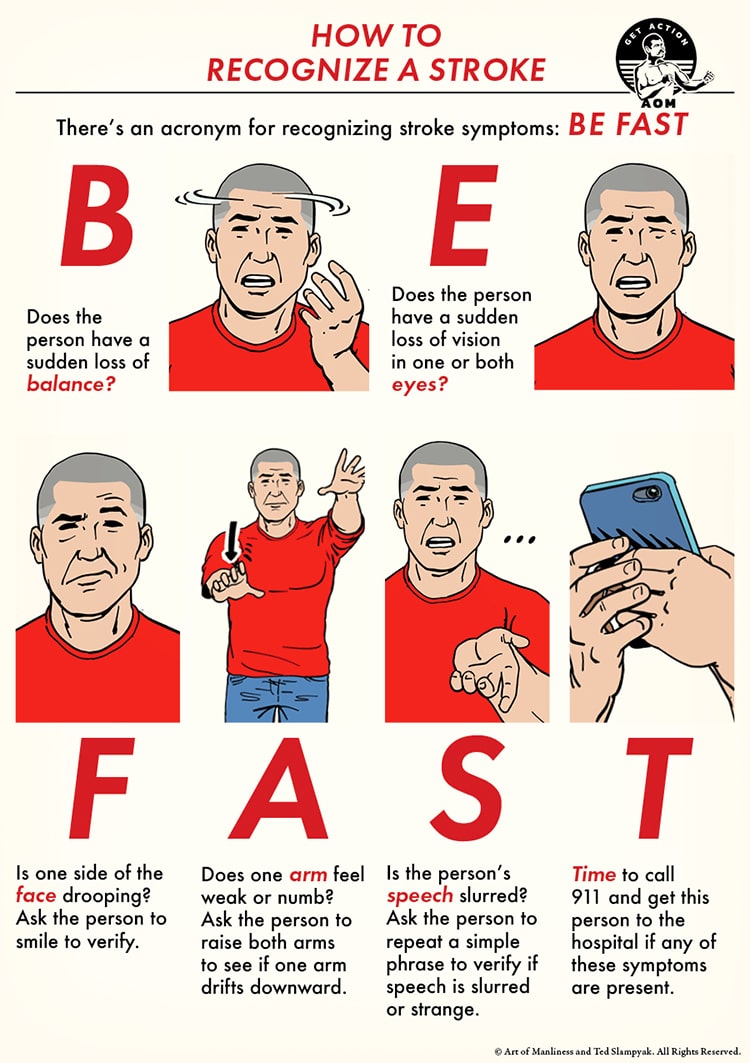
One of the most neglected virtues of our daily existence is appreciation. —Dale Carnegie
My career has mostly played out in roles that don’t involve directly managing other people. In late 2021, though, I spent a handful of months in a management role. That short amount of time totally changed my view of a manager’s job, as well as human nature and relationships in general.
I expected the role to be more business-focused and even scientific in nature. Management content would have you believe that if you follow a certain set of predictable steps, measure the right “KPIs,” and give performance feedback based on a standardized rubric, you’ll be all set.
The reality, as always, is a bit more nuanced. During my time managing a small team, it was far more about wrangling personalities and aligning expectations than anything else. Above all, though, I quickly realized that what folks mostly want and need is a cheerleader. They want someone to notice their effort and encourage them when the going gets tough.
As William James once wrote, “The deepest principle in human nature is the craving to be appreciated.”
It’s not to be managed to a set of desired ends, but appreciated.
Dale Carnegie, perhaps the most influential self-improvement author of all-time, wholeheartedly agreed with James’ wisdom and made it one of the core principles in How to Win Friends and Influence People:
Give honest and sincere appreciation.
He knew that people primarily wanted to feel seen, valued, and respected — and that genuine appreciation is one of the fastest ways to build better relationships at work, at home, and everywhere in between.
The Nourishment of Sincere Appreciation
We nourish the bodies of our children and friends and employees, but how seldom do we nourish their self-esteem? We provide them with roast beef and potatoes to build energy, but we neglect to give them kind words of appreciation that would sing in their memories for years like the music of the morning stars. —Dale Carnegie
The craving for appreciation is not merely about vanity. Human beings are wired for connection; we need it and thrive on it. In the same way our bodies need food and drink in order to function properly, our spirits need kinship. Giving appreciation is one of the most potent ways we can nourish the people around us. So when someone goes out of their way to tell you, “I noticed what you did, and it mattered,” it hits at the core of what makes us human and fills our emotional tank like nothing else.
At work, appreciation boosts motivation more effectively than bonuses. In marriage, it fills the relationship bank account. For kids, it builds confidence faster than correction ever could.
Flattery vs. Appreciation
On the flip side of the appreciation coin, mere flattery feels disingenuous and gross. Carnegie drew a hard line between the two:
The difference between appreciation and flattery? That is simple. One is sincere and the other insincere. One comes from the heart out; the other from the teeth out. One is unselfish; the other selfish. One is universally admired; the other universally condemned.
Flattery is a manipulative type of praise that tries to get something in return. Appreciation, on the other hand, is grounded in sincerity.
Fortunately, humans are generally pretty good at intrinsically noticing the difference between the two. We have a way of feeling it. It’s not easy to fake sincerity or earnestness, which is why certain people — or the certain things that some people say — just hit us as being off.
True appreciation needs to come from a sincere and honest place or it simply won’t work.
Making Appreciation a Daily Habit
Every morning, perhaps as part of your journaling or meditation routine, think about someone in your life that you can show your gratitude towards. Friends, coworkers, family members, even your rolodex of loose connections is fine. There isn’t anybody who would respond negatively to a bit of appreciation, even if it’s been a while.
- Make It Easy. No need to schedule phone calls or write handwritten letters (unless you want to); a quick email or text message is totally fine, as long as it’s sincere.
- Be specific. Generic compliments don’t land. Tell people exactly what you appreciated and why it mattered to you.
- Notice effort, not just results. In a society where ghosting of all kinds is commonplace, simply showing up and giving effort is commendable. The ol’ college try really does matter and deserves to be recognized.
- Don’t ignore what’s around you every day. Make a special effort to notice things around the house and express appreciation to your partner and kids. As Dale Carnegie said, “We often take our spouses so much for granted that we never let them know we appreciate them.”
A Virtuous Cycle
Giving honest and sincere appreciation doesn’t just strengthen relationships, it improves you too. When you make a habit of noticing what’s good in others, you start noticing more good in the wider world. You complain less. You lead better.
Regularly offering sincere and honest appreciation takes but thirty seconds, costs nothing, and can make a world of difference.
Be sure to listen to our podcast about Dale Carnegie’s insights for the modern world:






